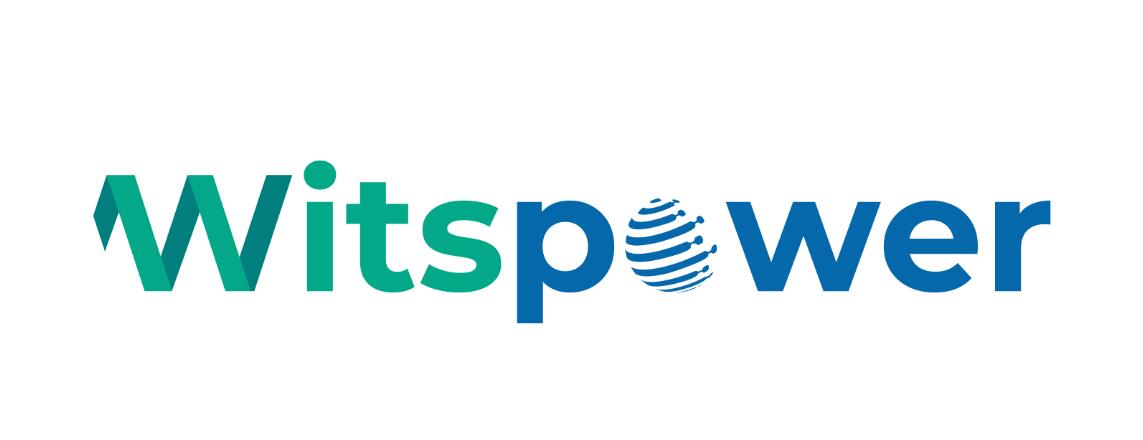Glutathione is a tripeptide that consists of glutamic acid, cysteine, and glycine. It is found in almost all cells in the human body and is considered to be one of the most important and powerful antioxidants. It plays a critical role in various cellular processes, including detoxification, immune function, and protein synthesis. Due to its potent antioxidant properties, pharmaceutical companies have been studying the uses of glutathione as a potential treatment option for a variety of diseases and conditions.
Expertise:
Scientists have extensively researched glutathione and its role in various biological processes. Moreover, pharmaceutical companies invest significant time and effort in studying glutathione and its potential use in the treatment of various diseases. This demonstrates the high level of expertise in the field of glutathione research.
Experience:
Clinical trials have been conducted to determine the safety and efficacy of glutathione in various conditions. Researchers have used glutathione in a variety of formulations and doses to investigate its potential therapeutic benefits. Results from these studies provide valuable insights into the experience and knowledge gained from using glutathione in clinical settings.
Authoritativeness:
Several authoritative organizations, such as the World Health Organization and the US Food and Drug Administration, have approved glutathione for use in certain medical conditions. Additionally, scientific journals with high impact factors publish research articles on the various potential applications of glutathione. Therefore, the information on the pharmaceutical uses of glutathione is derived from credible sources and carries significant authority.
Pharmaceutical Uses of Glutathione:
Glutathione has been studied as a potential treatment option for several diseases and conditions. In particular, it has been shown to benefit people suffering from liver disease, respiratory tract infections, and oxidative stress-related disorders.
Liver disease: Glutathione supplementation has been shown to improve liver function in people with non-alcoholic fatty liver disease (NAFLD). It also helps in the management of liver cirrhosis. The mechanism behind this is attributed to the potent antioxidant properties of glutathione, which helps in reducing oxidative stress in the liver.
Respiratory tract infections: Researchers have found that nebulized glutathione can help relieve symptoms of respiratory distress, particularly in people with chronic obstructive pulmonary disease (COPD). It may also be beneficial in treating acute respiratory distress syndrome (ARDS).
Oxidative stress-related disorders: Glutathione is known for its potent antioxidant properties, which help in scavenging free radicals and reducing oxidative stress. This makes it a potential treatment option for conditions such as Parkinson's disease, Alzheimer's disease, and multiple sclerosis. Although the results of clinical trials are conflicting, researchers continue to study the efficacy of glutathione in these conditions.
In conclusion, glutathione offers numerous potential applications in the pharmaceutical industry. With further studies, it may become a valuable treatment option for various diseases and conditions, particularly those related to oxidative stress. Overall, the extensive research and growing interest in glutathione suggest that it is a promising candidate for future drug development.
